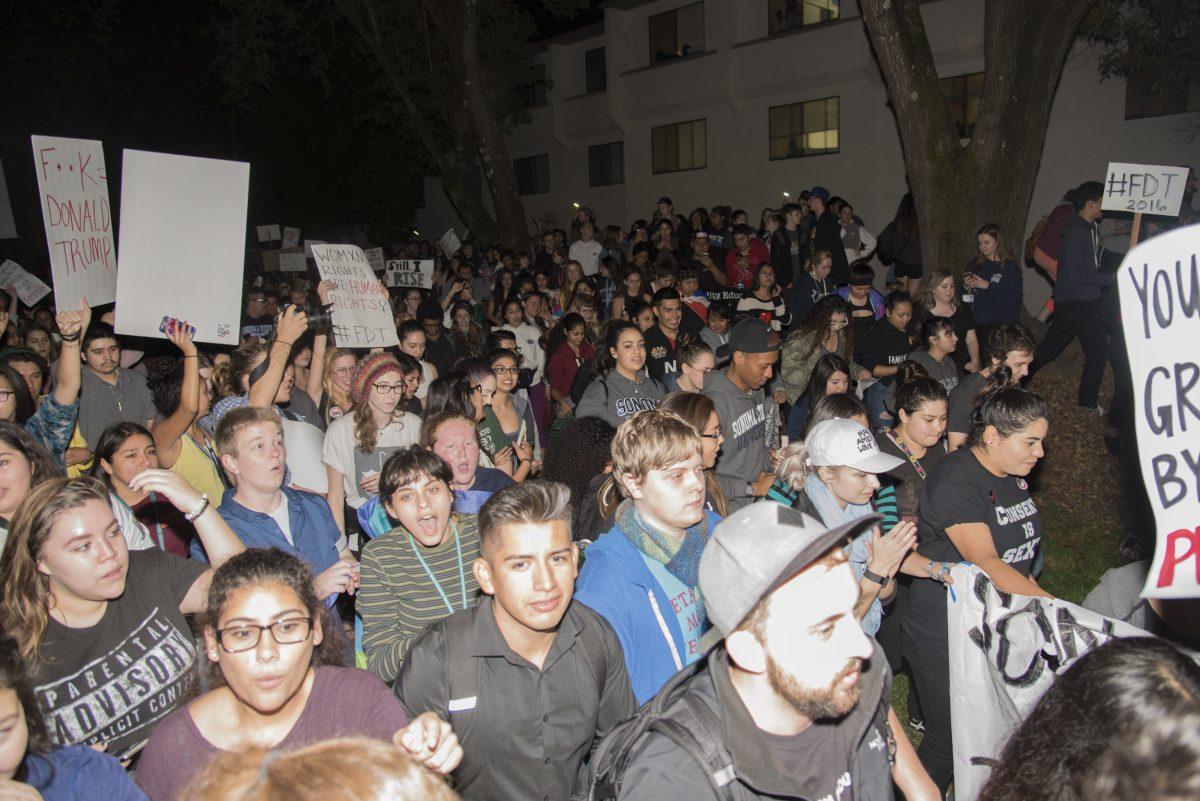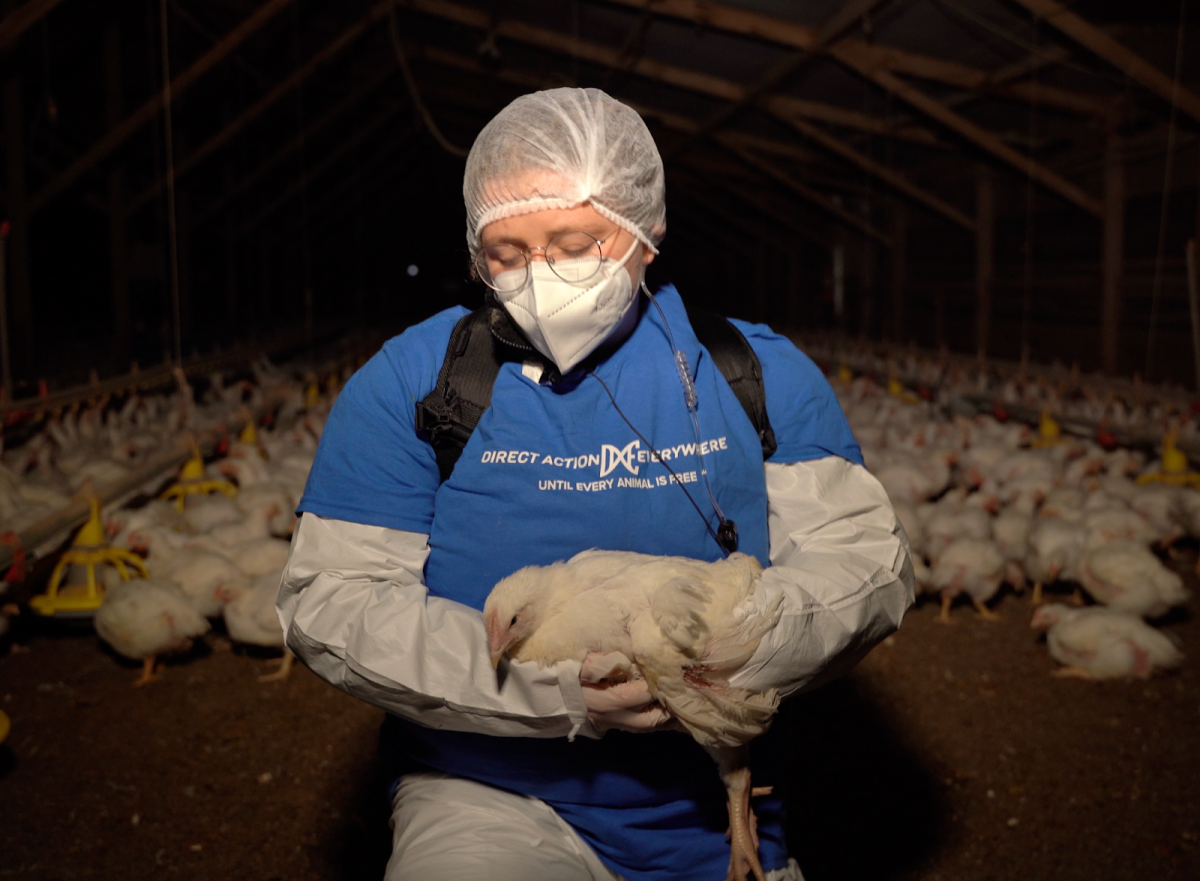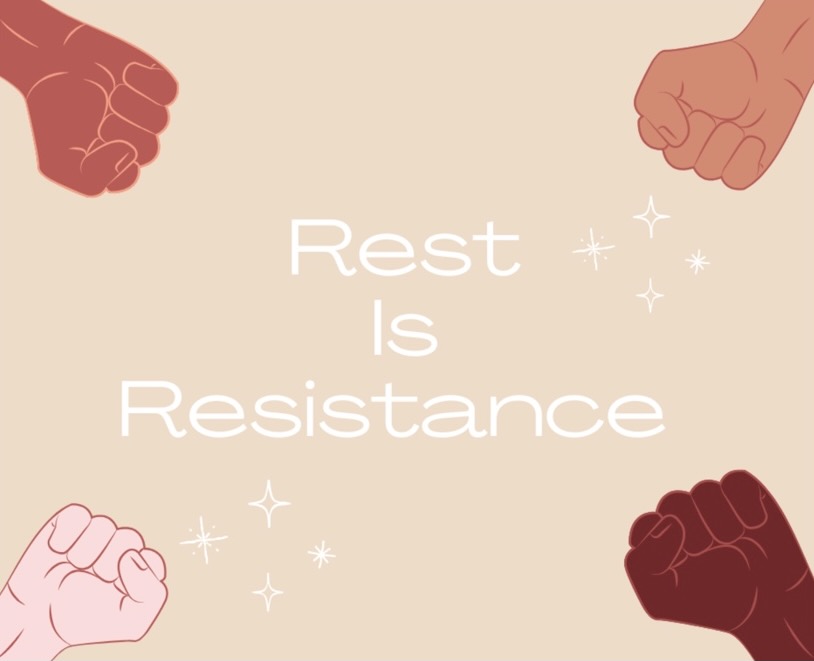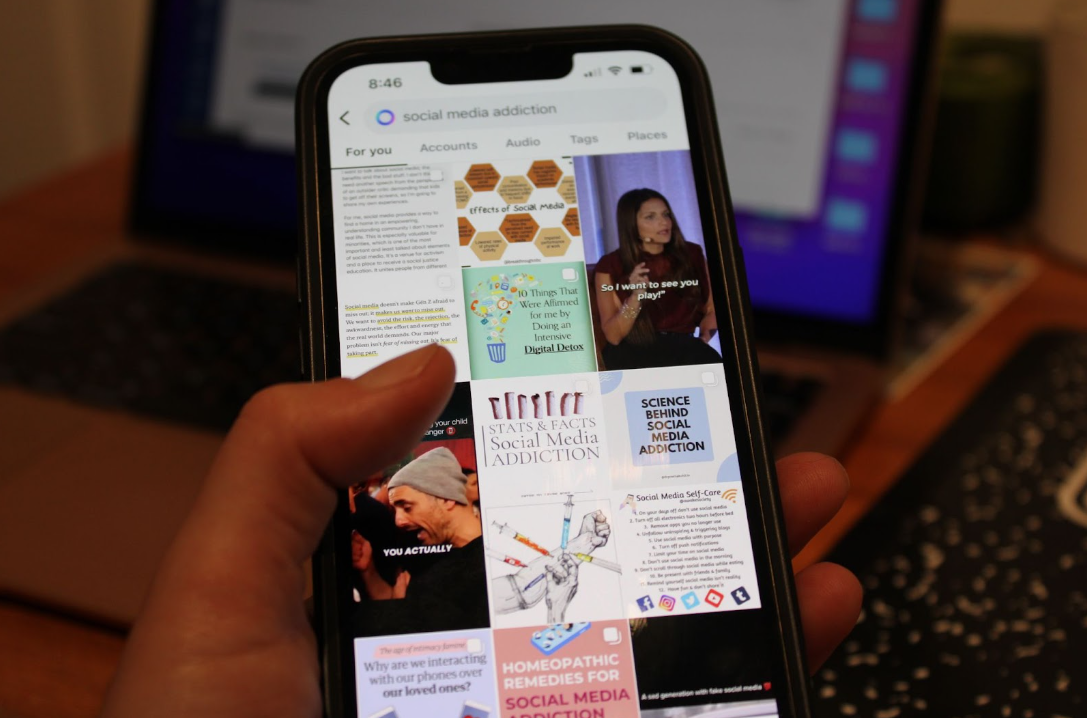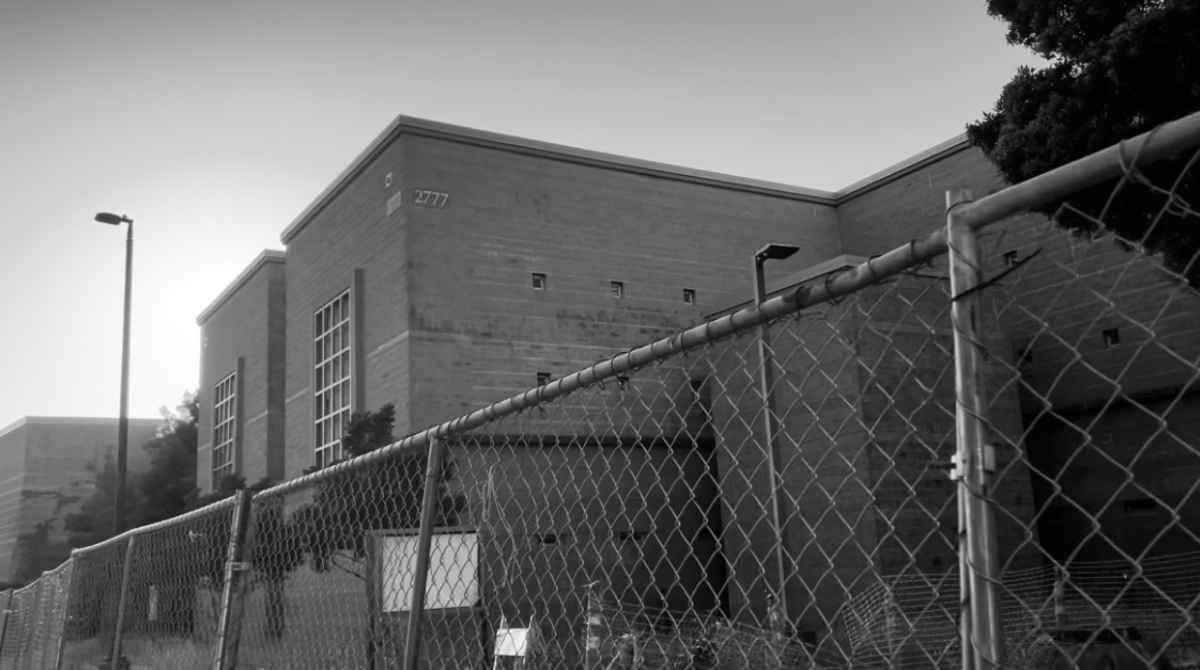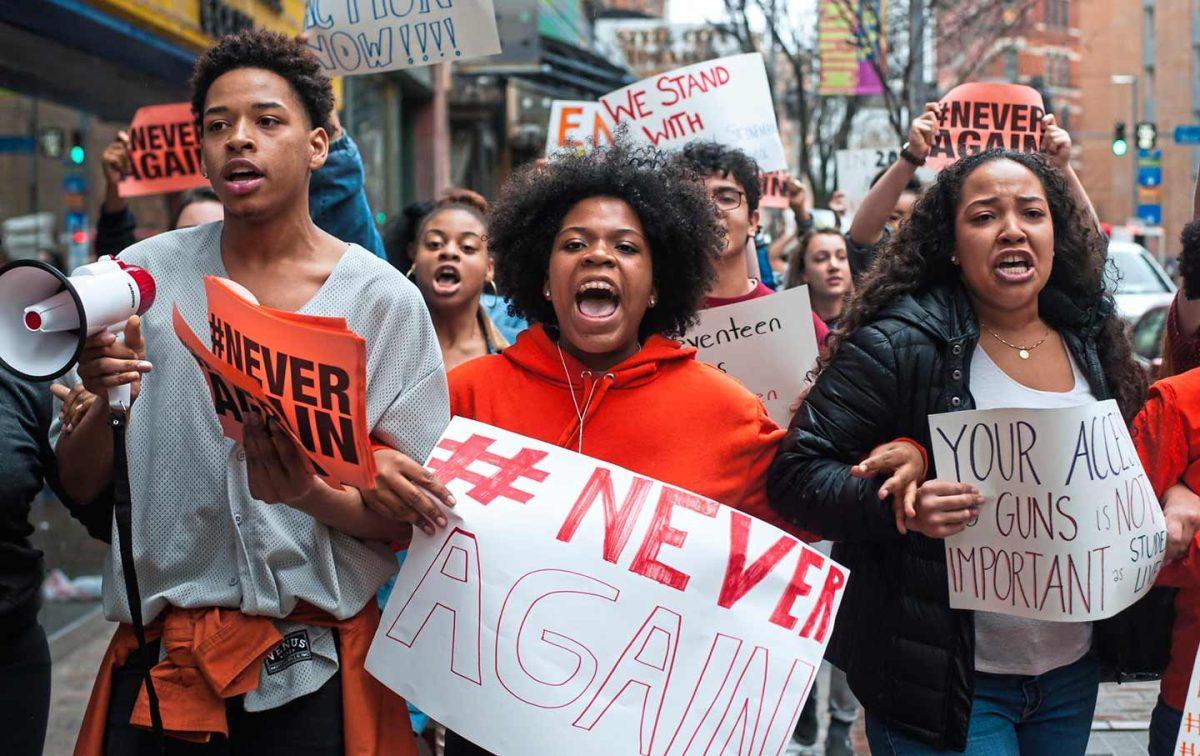Columnist Brooklynn Miller
In wake of the tragic Parkland shooting on Feb. 14, society has rekindled gun violence as a heated debate throughout the United States. This has resulted in a multitude of suggested legislature changes and policy adjustments.
Let’s start at the beginning; why are people allowed to purchase firearms at the age of 18? These people can join the military and handle guns, but are forbidden to purchase alcohol or tobacco. According to Giffords Law Center, licensed firearm dealers “may not sell or deliver a long gun, or ammunition for a long gun, to any person the dealer knows or has reasonable cause to believe is under age 18,” leaving anyone ages 18 and up free to purchase rifles and shotguns as they please.
In response to the idea of raising the gun purchasing age, opponents to the plan have voiced concerns of a rise in college campus shootings. Realistically, this is extremely unlikely to happen because most college students are already old enough to purchase guns.
The removal of all guns from citizens’ hands and homes would be a massive culture shift for many Americans. To combat the potential backlash, it is reasonable to propose the removal of assault rifles from citizens, but allow citizens access in controlled environments such as shooting ranges. This situation would offer more control over an extremely controversial topic, and would still allow gun owners to own smaller, less automatic weapons, while still having access to the “big guns.”
While so many are fighting to have less access to guns, President Trump has recently proposed to give “concealed guns to gun adept teachers.” This would create a perfect situation of fighting fire with fire, possibly creating crossfire. Teachers, parents, students and many others have voiced their views on this topic, and it doesn’t look good for Trump.
Teachers, the ones who would be carrying guns, disagree with the idea so firmly they have created a campaign against it. The #AreMeWith campaign is a massively growing social media campaign sparked in response to lawmakers’ “tone-deaf suggestions…as a solution to America’s gun problem,” USA Today reported. Through the movement, teachers are using the hashtag to suggest things they believe would actually benefit their students, careers and schools.
Finally, and most promising, Delta Air Lines announced the end of a promotional discount deal with the National Rifle Association. Delta Air Lines tweeted, “Delta is reaching out to the NRA to let them know we will be ending their contract for discounted rates through our group travel program. We will be requesting that the NRA remove our information from their website.” This massive business move sparked plenty of controversy, but could have been just the right thing for Delta to do.
In response to Delta’s disengagement with the NRA, Georgia lawmakers approved a bill that “stripped out a tax break proposal highly coveted by Delta Air Lines,” according to the New York Times; making sure to note this move as “the most stinging punishment that America’s pro-gun forces have leveled so far.” The amount of positive media exposure Delta is receiving should overshadow the backlash from legislatures and government officials who seem to only be concerned about tax breaks.
Overall, the debates surrounding gun control are expansive and seem never-ending. And while both sides prove valid and true points, neither the opposing or supporting sides have leaned toward one promising result: compromise. Legislature changes and policy adjustments call for massive social shifting, but by starting small and compromising on a decision, both sides may feel as if they have finally achieved steps toward a greater end goal.


